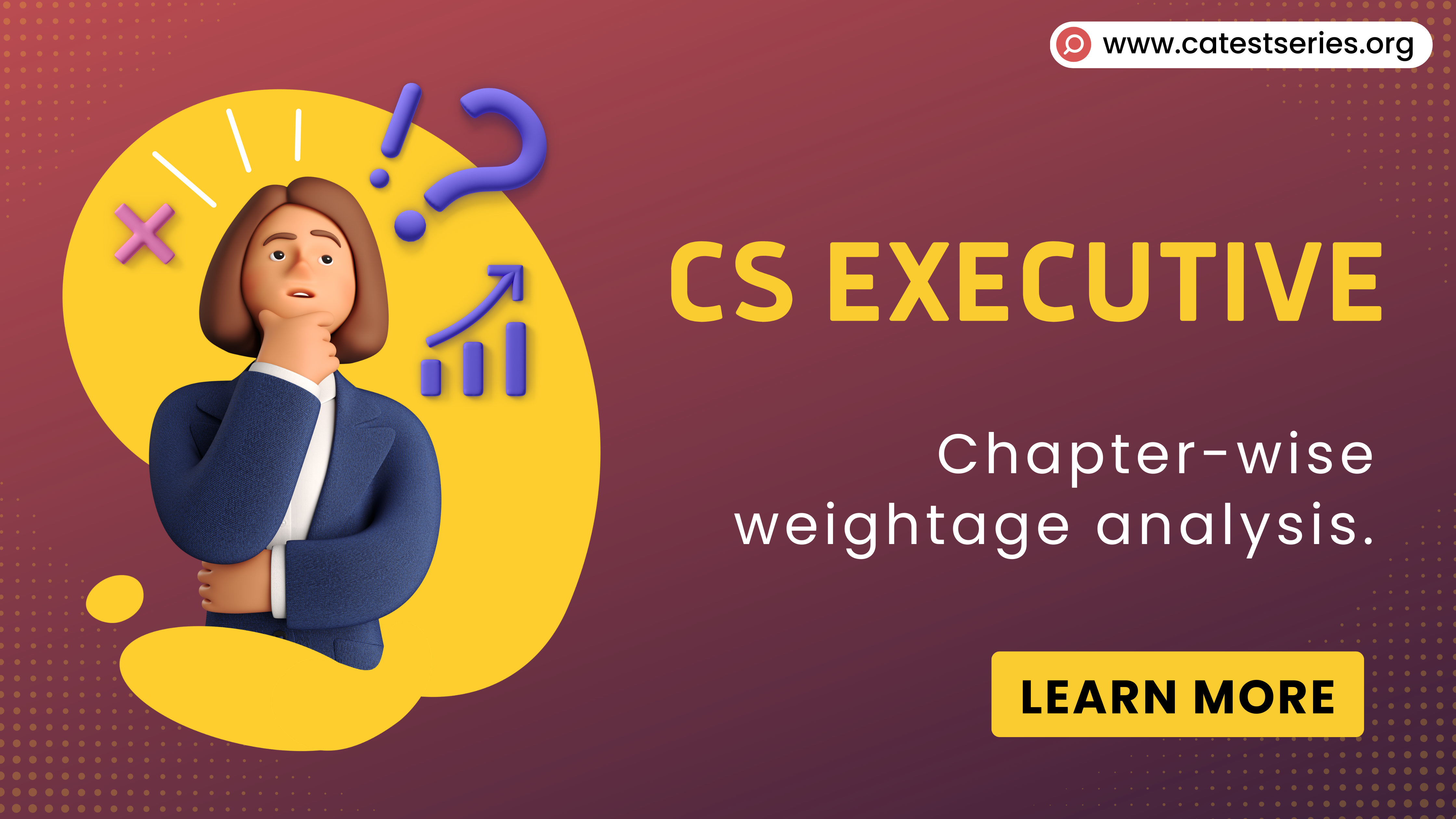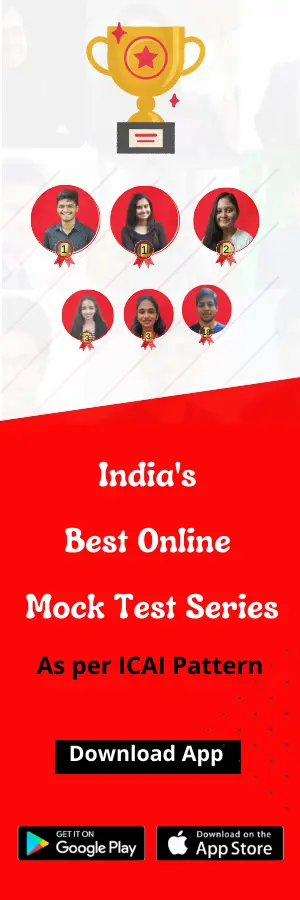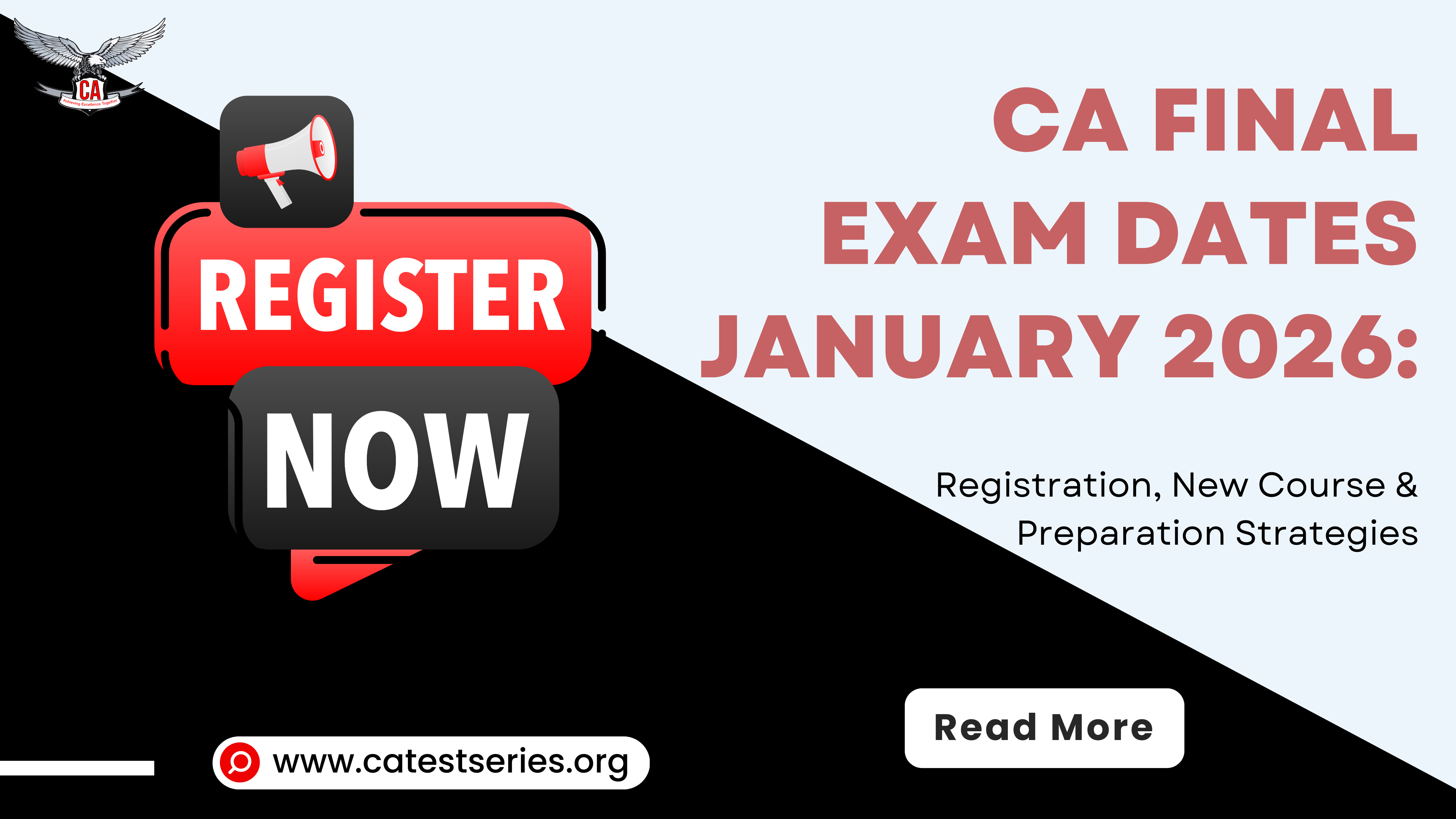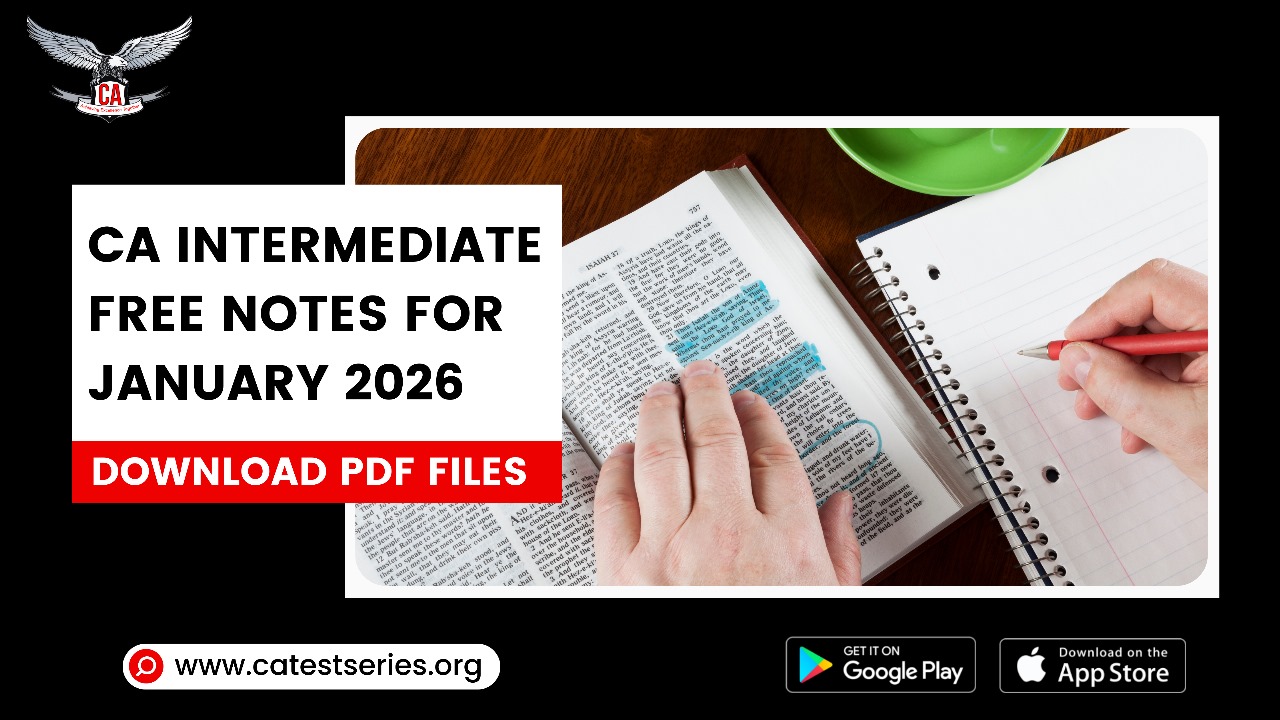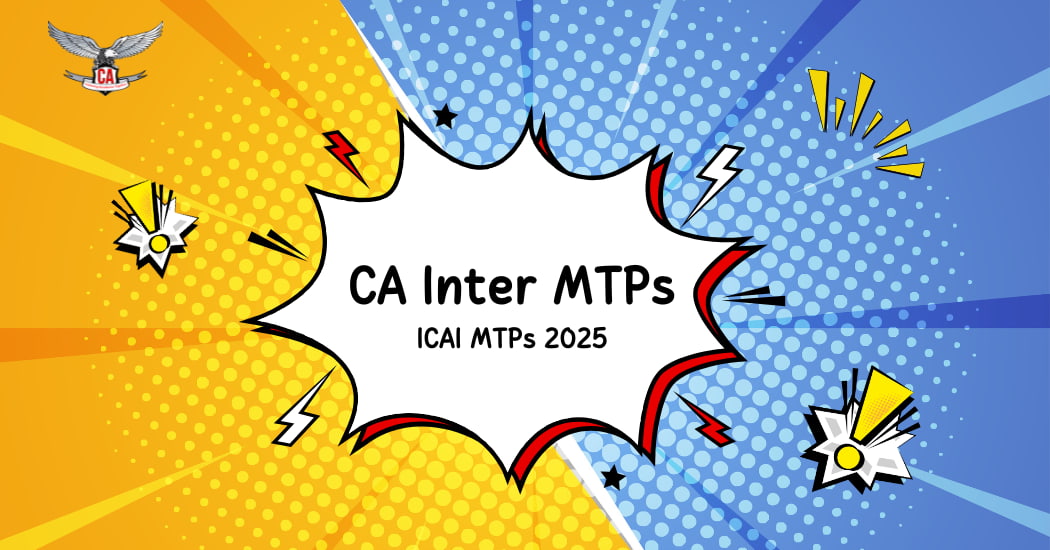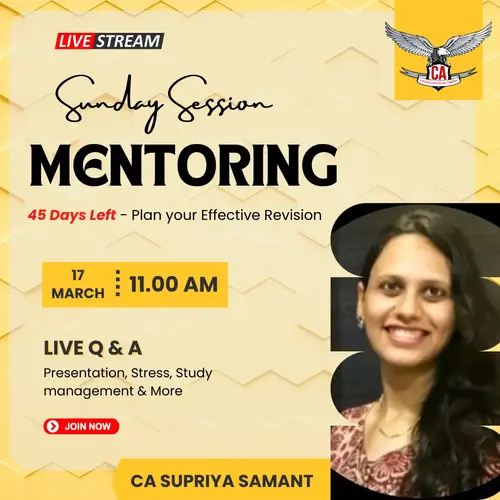CS Executive Chapterwise Weightage & Latest ICSI CS Executive Exam Trends | Important Topics
The CS Executive test is a vital stepping monument for aspiring Company registers, equipping them with in-depth knowledge of marketable laws, governance, and strategic operation. The ICSI has organized the course well in order to highlight modern business and non-supervisory challenges with the latest service of the syllabus 2022. This shift gives new ideas and focuses on practical operations and smart thinking, matching the class with the demands of the moments marketable terrain. This blog will explore the pivotal differences between the old and new syllabus, anatomize the weightage distribution, and offer perceptivity to help you concentrate your drug effectively.
SYLLABUS CHAPTER-WISE WEIGHTAGE ANALYSIS
Module 1
1. Justice, Interpretation, and General Laws (JIGL)
-High- weightage motifs Constitution of India, Sources of Law, Interpretation of bills
-Medium- weightage motifs Law of Torts, Civil and Criminal Laws
-Low-weightage motifs Law of validation, administrative Laws
Analysis of multitudinous questions is anticipated from indigenous and legal interpretation motifs, as these are foundational for legal analysis in marketable practice.
2. Company Law
-High- High-weightage motifs Companies Act, 2013 (especially Memorandum and Articles of Association), Share Capital, and Debentures
-Medium- weightage motifs Company Meetings, Class and Transfer, tips
-Low-weightage motifs of Majority Rule and Minority Rights, Winding Up of Companies
Analysis: The Companies Act remains central to this subject. Motifs related to company conformation, governance, and dissolution are likely to be heavily tested.
3. Setting up of Business realities and Closure
-High- High-weightage motifs Types of Companies, LLP, and Partnership Firm
-Medium- weightage motifs Startups, Joint Ventures, Foreign Companies
-Low-weightage motifs Business Closure, Business Restructuring
Analysis: This subject aims to equip scholars with practical knowledge of business setups, reality choices, and compliance conditions.
4. Tax Laws
-High-weightage motifs Income duty (Basics, computation, Form), GST (Basics, Registration, Returns)
-Medium- weightage motifs Customs Act, Tax Planning
-Low-weightage motifs Assessment, Appeals, and Penalties
Analysis: Given the significant part of duty compliance, anticipate questions concentrated on income duty and GST, especially practical duty calculations and planning.
Module 2
1. Commercial and Management Accounting
-High-weightage motifs Company Accounts, Financial Statements, amalgamation, connection
-Medium- weightage motifs Cash Flow and Fund Flow, Accounting morals
-Low- Low-weightage motifs Valuation and Rate Analysis
Analysis: Understanding company accounts and reporting morals is vital for the compliance part of a CS, making it a heavily tested area.
2. Securities Laws and Capital Markets
-High-weightage motifs SEBI Regulations, magazines Act, Stock Exchanges
-Medium- weightage motifs Primary and Secondary requests, Public Issues of Securities
- Low-weightage motifs Listing, Delisting, Global Capital Markets
Analysis: These subjects cover SEBI regulations and capital request operations, which are vital for companies raising public finances.
3. Economic, Business, and marketable Laws
-High- weightage motifs FEMA, Competition Act, Insolvency, and Bankruptcy Code (IBC)
-Medium- weightage motifs of capitalist Laundering, Arbitration, and Conciliation
-Low- weightage motifs Contract Law, Intellectual Property Rights (IPR)
Analysis: Regulatory laws like FEMA, Competition Act, and IBC are largely emphasized as they apply to current business dynamics.
4. Financial and Strategic Management
-High-weightage motifs Financial Planning, Working Capital Management, Corporate Restructuring
-Medium- weightage motifs Strategic Planning, rate Analysis
-Low- Low-weightage motifs Project Management, Start-Finance
Analysis: The focus on financial and strategic operation prepares scholars to make strategic marketable opinions, with an emphasis on financial analysis and business strategy.
PREPARING FOR THE NEW SYLLABUS TIPS FOR SUCCESS
1. Prioritize High-Weightage Areas- Allocate further time to grandly-weightage motifs, as these are likely to yield further questions and, therefore, further marks.
2. Stay streamlined with Current Regulations- For subjects like Tax Laws and Securities Laws, ensure you are familiar with recent amendments.
3. Focus on Practical operations- Multitudinous subjects now incorporate practical and script-predicated questions, so exercise case studies and samples.
4. Use ICSI Study paraphernalia- ICSI provides streamlined study paraphernalia for the new syllabus, adapted to the bottommost test pattern.
STRUCTURAL DIFFERENCES BETWEEN THE OLD AND NEW SYLLABUS
The subjects covered and their thematic focus are the main structural differences between the old and new CS Executive syllabuses. Although there are two modules with four subjects each in both syllabi, the new syllabus adds themes that prioritize strategic and practical expertise. For instance, Financial and Strategic Management replaces Company Accounts and Auditing Practices in Module 2, highlighting the modern relevance of financial analysis and strategic planning in a corporate role. Similarly, the setting up of Business Entities and Closure in Module 1 provides a practical approach to understanding various types of business entities, the procedures for setting them up, and the legalities involved in closing them—content that was more general and dispersed in the old syllabus under subjects like Economic and Commercial Laws.
Additionally, the new syllabus places a greater focus on interpretation and foundational legal principles through the subject Jurisprudence, Interpretation, and General Laws (JIGL), which replaces Industrial, Labour, and General Laws from the old syllabus.
CONCLUSION
A head toward practical knowledge and strategic abilities are highlighted in the change from the previous syllabus to the current one. The revised curriculum makes sure that candidates for CS Executive positions are equipped to handle a variety of responsibilities that go beyond compliance and include business consulting and strategic planning by incorporating courses that focus on business formation, closure, and strategic financial management. The inclusion of in-depth tax knowledge, capital market regulation, and management accounting equips candidates to handle complex financial and regulatory environments, making them valuable assets in corporate and consulting roles.
The new CS Executive syllabus is tailored to modern corporate and regulatory needs, and it emphasizes practical skills essential for company secretaries. The new syllabus better meets the demands of the workplace, even though the previous one offered a strong foundation. You can maximize your preparation and concentrate on the most important subjects by comprehending the weightage analysis. As you prepare, remember that a deliberate strategy and knowledge of regulatory developments will be important to your success.

